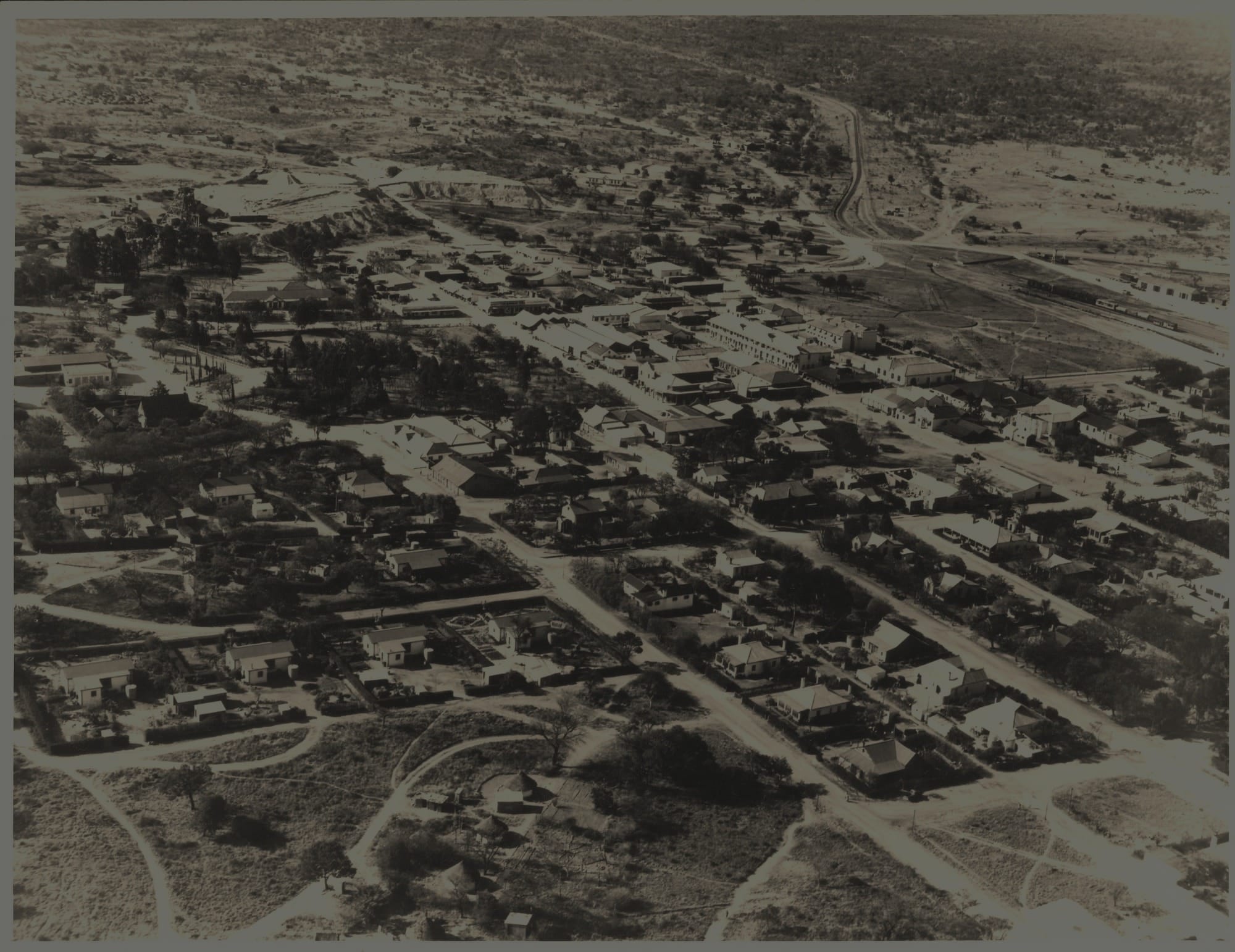
Whitewashed Jacarandas
By Diana Polisensky
A young Jewish doctor, married to a gentile, confronts dread disease, Victorian work practices, race prejudice and municipal complacency in an African Colony after WWII.
Whitewashed Jacarandas
Hope Looms in a Vast Land Wide Open with Possibilities…
Jobs are scarce after WWII but Doctor Sunny Rubenstein lands an appointment in Southern Africa at a gold mine. Attached to it is the smallest municipality in the world, Umzimtuti. Surgically competent and self sufficient, Sunny anticipates a free rein in this backwater where dread disease is still commonplace. He needs to save his marriage to Mavourneen and overcome the mine management, the hospital matron and the entrenched mayor to bring Umzimtuti into the 20th century.
He decides to stand for council but Mavourneen and the small Jewish community worry that rising hostilities in Palestine against British occupation threaten his chances. Furthermore, King George VI and the Royal Family are due to stop off for afternoon tea at the Railway Park on their Victory Tour. Though Empire is on the wane, fervor for King and Empire have never been higher in Umzimtuti.
Based on real events, this is the story of conflicting values, small minds and big ideals of a Colonial era that is seldom portrayed.

Whitewashed Jacarandas
By Diana Polisensky
Retail Price for Print: $19.99
Print ISBN-13: 978-1515366829
Retail Price for eBook $9.99
eBook ISBN-10 1515366820
Library of Congress Control Number: 2015950418
Chapter One
The Fifty-First Prospect
Dr. Sunny Rubenstein swung neatly up into the last railway carriage, with his small bag in hand. He stood at a corridor window and shouted back to stocky, wild haired, Dr. Michael Gelfand. But their parting words were lost amongst the noise and chatter of last minute boardings from the brightly lit platform of Salisbury Railway Station. They waved. The Garratt steam engine was panting hard and on cue from the stationmaster’s shrill whistle the train pulled out.
A Real Page Turner!
- Vanessa Shapiro, Johannesburg, South Africa
The Protagonist
Doctor Rubenstein, about to be demobbed after WWII, manages to land the posting at a gold mine in Southern Rhodesia. He’s a competent surgeon and there is plenty of dread disease most of which is preventable. He has to tackle the mine management, the hospital bureaucracy and the small-minded mayor, to bring the small town into the 20th century.
The Setting
Jobs are scarce after WWII but Doctor Sunny Rubenstein lands an appointment at a gold mine in Southern Rhodesia. Attached to the mine is the smallest municipality in the world, Umzimtuti. Surgically competent and self sufficient, Sunny anticipates a free rein in this backwater where dread disease amongst the Africans is still commonplace although mostly preventable. He needs overcome the mine management, the hospital matron and the entrenched mayor to advance the little town.
He decides to stand for council but his wife Mavourneen, whom he doesn’t really understand, and the small Jewish community worry that rising hostilities in Palestine against British occupation threaten his chances. Furthermore, King George VI and the Royal Family are due to stop off for afternoon tea at the Railway Park on their Victory Tour. Though the Empire is on the wane, loyalty to the King has never been higher.
Based on real events, this is a story of conflicting values, small minds and big ideals in a colonial era that is mostly forgotten except to be denigrated. It deserves to be remembered more evenhandedly.
'Whitewashed Jacarandas' is a remarkably detailed tour de force portraying life in a tough gold mining community in Southern Rhodesia in the 1950s.
- Gerald Clarkson, Former Reporter, Financial Times of Canada
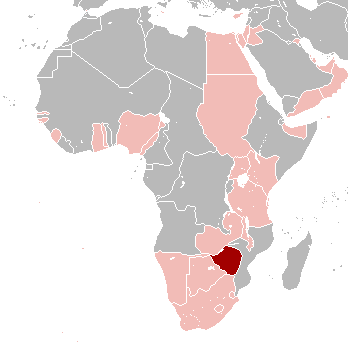
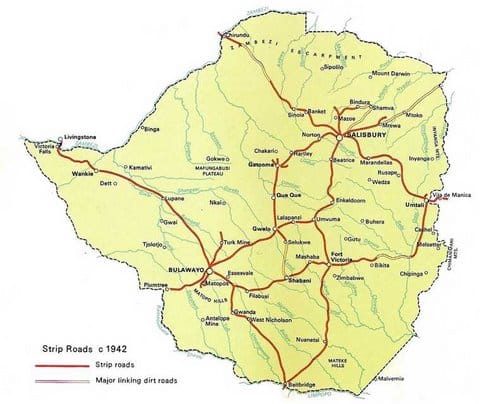
Book Club Discussion Questions
- What universal human truths, of needing to be understood, belong, feel special, be in control of their lives and dream of reaching their potential, do Sunny and Mavourneen achieve in the course of Whitewashed Jacarandas?
- How do the demands of a small town affect the emotional life of Sunny and Mavourneen? How does this differ from medical practice today?
- Is Sunny sympathetic enough to African fatalism and beliefs in the power of the spirits of their ancestors, nganga (witch-doctors) and wizards? What part do these beliefs still play in getting in the way of eliminating disease in Africa today?
- What challenges does switching from First World medicine in the morning to Third World medicine in the afternoon create for Sunny? Do you empathize with Sunny’s challenges in Whitewashed Jacarandas to bring the masses into the 20th century? How much has Africa advanced medically in the 70 years since the setting of Whitewashed Jacarandas? What challenges still lie ahead?
- Do you consider Sunny’s daring in the theater when he could not afford a death on the table in his first year of private practice foolhardy or courageous? Contrast the doctor/patient relationship he has with the Biancardi family with patient/doctor relationships today.
- How does the absence of any thought to prosecute Dr. Wolseley as negligent in the case of the Colenso children’s diphtheria contrast with today’s society where a less than perfect outcome, regardless of circumstances, goes to court? How has this change affected healthcare in general in the United States? Discuss immunization in the modern day and universal rights verses the rights of the individual.
- Mavourneen and Sunny find it difficult to reconcile their differing values stemming from their very different childhoods in the Northern and Southern Suburbs of Johannesburg. Though neither is religious their religious backgrounds nevertheless influence their thinking and values. Discuss the difficulties in coming to an accommodation and contrast it with the success of America’s melting pot.
- Mavourneen marries Sunny on the rebound from a rejection by the dashing RAF officer Frank Winthrop. Confined by home and family obligations how much are her frustrations still shared by women today? What do you think the author is trying to say about mixed marriages in this novel?
- Mavourneen gives mothers with babies the run of her home when the train is stranded in Umzimtuti while the bridge is being repaired. Do you think Sunny is justified in being outraged that the sanctuary of his home is violated when his days are 18-20 hours long? Discuss the relief organizations of today and America’s current burden in providing worldwide disaster relief.
- Do you think Mavourneen’s small victories in mobilizing the town when the lifeline to the town, the railway line, is washed away in a flood and getting State Lotteries to fund a swimming bath to reduce bilharzia incidence are enough to inspire her to expand her altruistic endeavors in Book II or do you think she’ll ‘settle down’ now with her brood of three? Could shared outside interests with Sunny improve the marriage? Is it necessary for a marriage to have a shared interest outside the home? If so why?
- Sunny has trouble attracting a medical partner to Umzimtuti. Why is it difficult to attract physicians to rural centers in the United States today? What factors have stayed the same and what is different about this situation today?
- Before WWII Southern Rhodesia was viewed as a backwater but in the wake of it suddenly the country and Umzimtuti experience a paradigm shift. Sunny’s ambitions to develop Umzimtuti’s industrial potential and modernize the town in the face of the town’s complacency are representative of the country’s awakening. Discuss what has happened to all that industry in independent Africa? Why? Discuss the battle between industry and environmentalism in America today.
- What does this story reveal about the plight of the diaspora of Jews that make up Umzimtuti’s small minority? How has their situation changed in the world today?
- What if Southern Rhodesian immigration laws had taken a cue from the United States of America and welcomed the world’s tired, poor, and huddled masses? How might this have influenced its future and changed the course of history?
- Were you surprised by the prejudices against the hiring of Jewish doctors for government service even after WWII in Southern Rhodesia? In turn, was Sunny right, under the circumstances, in rejecting the application of an otherwise well qualified East Indian, with experience in tropical medicine, to join him in his practice?
- Princess Elizabeth proclaims of the Empire, “We do see hope looms ahead here with many opportunities, but challenges too.” Discuss Southern Rhodesia’s love and pride for King, Country and Empire as exemplified by the many townsfolk of Umzimtuti at the time of the Royal visit in 1947, which flies in the face of Britain’s ugly pending exit from India and Lend Lease debt repayment to America which all but bankrupted her and forced abdication of her African colonies with such disastrous consequences.
- Given the current state of affairs in Africa do you think the challenges elucidated in Whitewashed Jacarandas warrant a reassessment of the British Colonial period?
- The Western medicine that Sunny and his ilk brought to the masses in Africa has brought about the population explosion of today. The small town of Que Que (Kwekwe) where author Diana Polisensky grew up with a population of 1,300 Europeans and 5000 Africans in 1947 has grown to 110,000 today—17 times as many in less than 70 years, while the country has gone from self sufficiency and export of food to dependency on foreign aid for subsistence living. Discuss solutions to this problem.
- How much does Sunny’s aversion to ostentation to draw attention to the Jewish people contribute to his put- downs of Mavourneen? Are they justified? Did Mavourneen really love Sunny or was she bound by children and financial dependency to stay in the marriage? Was she better off with the security of marriage rather than opt for single parenting? Discuss the pros and cons of the current freedoms divorce and marriageless relationships offer in today’s society.
- Were you surprised at the extent of the pomp and ceremony for the King indulged in at the capital, Salisbury, as witnessed by Edgar Whitehead and his sister Frances at the opening of Parliament and the glittering ball at Government House? Were you struck by the symbolism of the 15 coach White Train that bore the Royalty on to Umzimtuti and its motley cast of characters who upheld British standards even in this far flung a place? How much does American society depend on the White House and Hollywood to cater to its need for role models and fashion to lift them from the humdrum of everyday life?
- Sunny tries to mediate Jud Levine and Pat O’Connor’s pending lawsuit. What does this story tell you about the role of the doctor in those times and their role in today’s high tech world of specialization?
- Discuss Umzimtuti’s school motto, echoed by Princess Elizabeth non sibi sed omnibus (not for ourselves but for all). Did Sunny and Mavourneen too, on occasion take this motto literally too far? How does this compare with today’s society in America consumed with materialism and selfish interests?
- Sunny and Mavourneen decide to break with convention and have Sunny deliver their third child, Daniel. Discuss the social mores against this practice.
- Sunny feels the presence of ‘the angel on his shoulder’ when good fortune accompanies him. He is not a religious man but self confidence gives him courage. Discuss how faith engenders confidence. Do you think this presence gave him courage or was he self-confident to a fault?
- Sunny campaigns for a seat on council despite the hostilities against the British occupation in Palestine escalating. To what extent do outside political upheavals affect internal politics in today’s turbulent world in America? Has anti-Semitism escalated world wide in recent years and what can be done to eliminate it?
- Whitewashed Jacarandas reflects the the social mores of the British Colonial period post WWII. How is it similar to and differ from Foyles War and Fortunes of War or even WWI’s Downton Abbey and Parades End in asking the community to uphold ideals to the breaking point? Why is this era fascinating to people now?
The Author
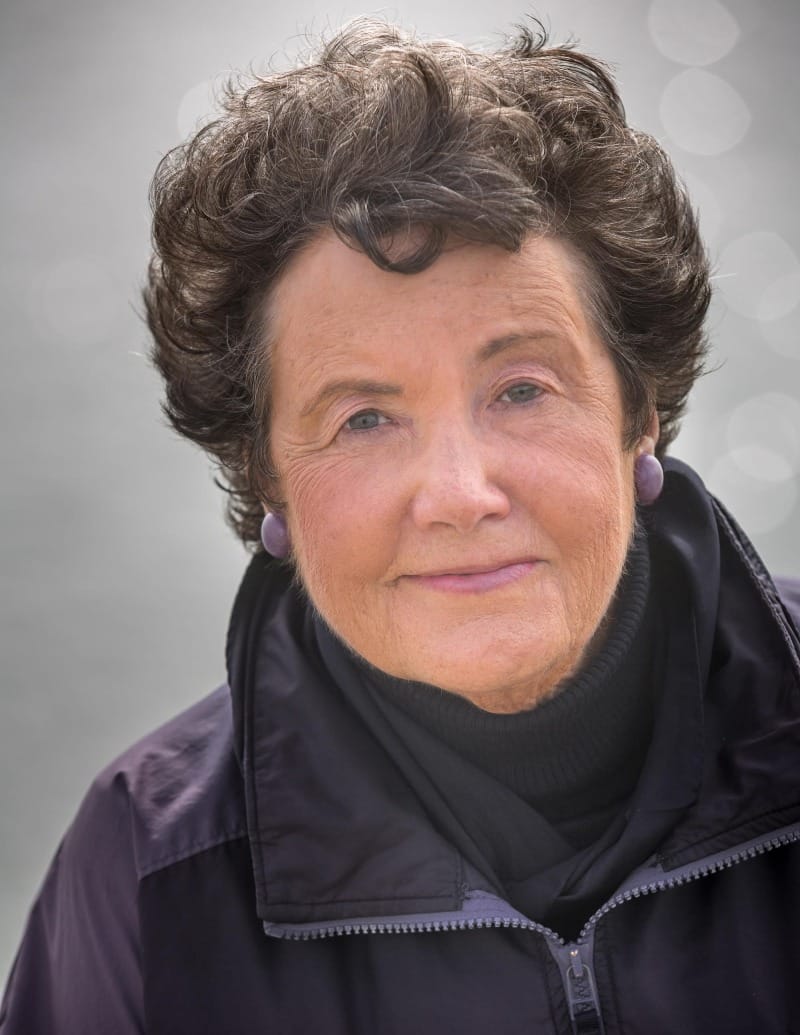
Diana Polisensky was born in a small town in Southern Rhodesia and moved to the US as a young woman and worked in genetic engineering. She first retired to the Central Oregon Coast before moving cross country to South Florida.
The Circumstances of the Author that led her to write the novel:
Diana Polisensky was born into a medical family and grew up in a swimming bath in Africa while colonialism was still respectable.
Whitewashed Jacarandas marks the first volume of a trilogy describing the mostly ignored burst of development that took place between the end of WWII and the onset of the crisis with Britain over the rise of African Nationalism in Southern Rhodesia which led to rebellion, civil war and finally the election of Robert Mugabe.
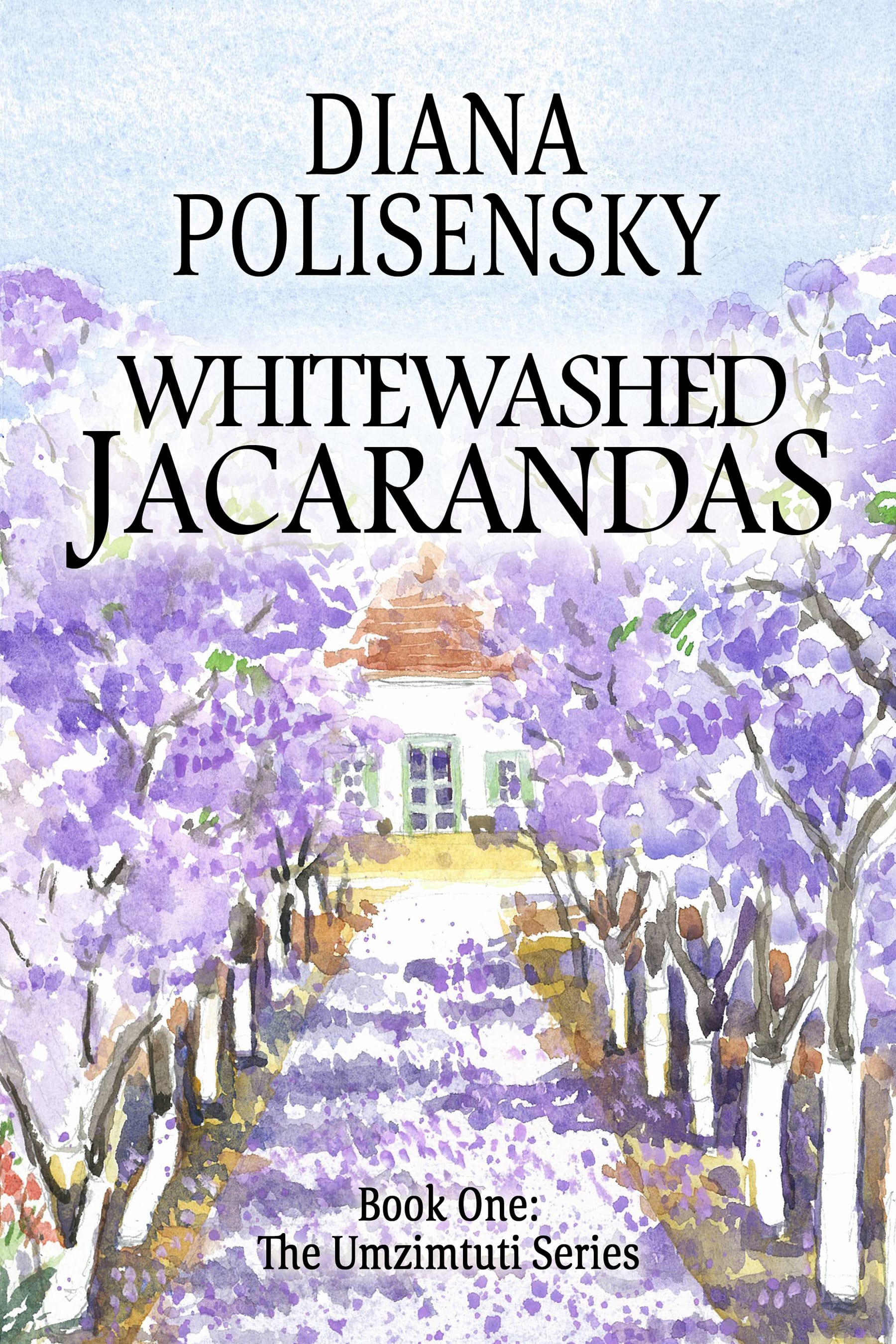
Hi-Res Image of Whitewashed Jacarandas Cover Art
Fascinating book... engrossing story…beautifully written.
- Marcella Carmen, Birmingham, UK